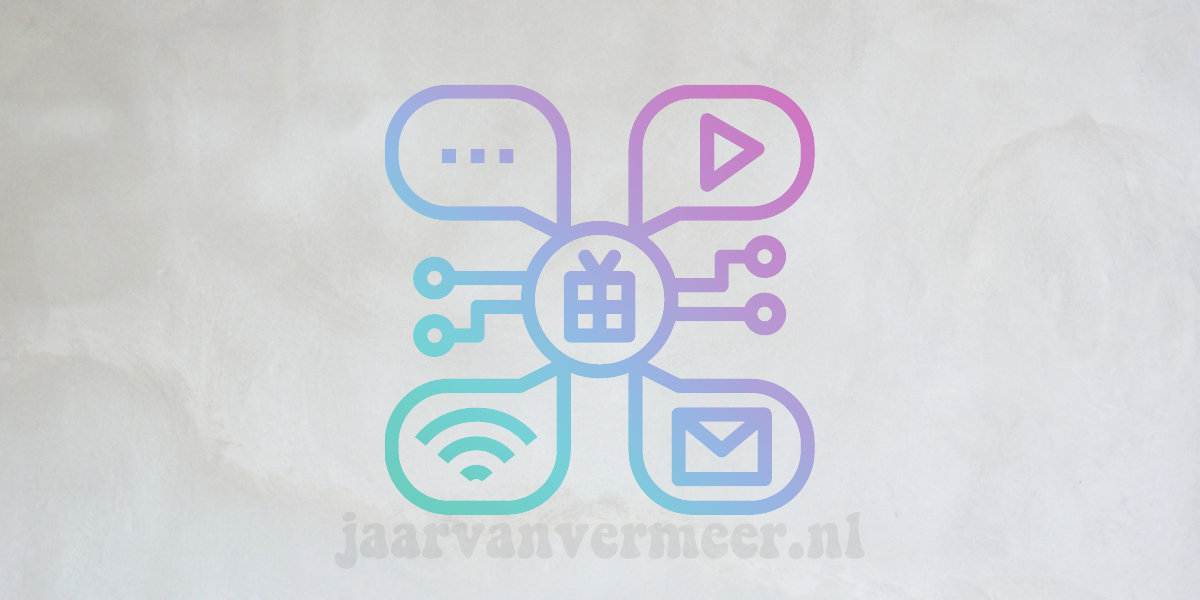
Many businesses view the Internet as a new channel, and they aren’t sure how it will affect traditional distribution and agency models. The Bible says that there is nothing new under the sun, and the Internet is no exception.
If the Internet is only a way to market that complements or augments your existing sales channels, then dealing online falls under one of the three categories described in section 1. Either you do business with resellers directly or end-customers via the internet and pay a commission to a reseller who is located on the web. In this case, it’s representative. Or you simply use the Internet to refer customers.
In either case, the applicable legislation for these transactions in different jurisdictions applies. Additionally, you are covered by the Distant Selling Regulations, which we will discuss in the next section. The Internet is a structure-oriented platform. But what about its commercial potential?
Brochure Website
Brochure websites are designed to provide information about your company to customers, channel partners, and investors. It will not be an eCommerce website or route to market, but it will showcase products and services. It should be considered a marketing and brand-building tool that is fundamentally different from a website whose primary purpose is to sell.
Online Contracts
Online contracts are, for the most part, no different from contracts you have concluded otherwise. There are three things that can be traded: an offer, acceptance, and consideration. Online contracts are different from other types of contracts in that each step is completed and what obligations you have as suppliers, especially if dealing with consumers directly. These obligations will be discussed in greater detail in the section on distance selling regulations.
eCommerce website
A website that sells eCommerce products can be described as:
If the target customers are companies, this is a B2B channel
If the target customers of a retailer are consumers, a retailer
If it facilitates a deal with a third-party supplier, an agent
If the supplier has its own website, this is a direct sales channel.
Many times, like in the case of Ryanair and Amazon, the site acts as a channel for direct and distributed sales. The site owner also buys and resells products, but it also serves as a platform to sell third-party products on a commission basis.
It is crucial to understand the purpose of an eCommerce site before you can set it up. Also, be aware of the legal requirements for multi-purpose areas. The site design is even more critical. Specialist knowledge and skills are required to drive traffic to the site and convert prospects into customers via the Internet.
Distance Selling Regulations
Direct sales to consumers via the Internet are covered by Distance Selling Regulations. The legislation’s purpose is to protect consumers and ensure that contracts can be legally and reasonably concluded at a distance.
What regulations apply
These regulations were created to protect consumers who buy goods and services.
Telephone
Direct mail or mail order
– via the Internet
– via digital TV shopping channels
The regulations cover any situation where a consumer enters into a contract to buy without having to meet with the vendor.
The essential obligations of the supplier
Unless the vendor and customer have agreed to a longer time, the contract must be concluded within 30 days. The customer has the right to cancel an order if the supplier is unable to deliver within the specified time. Sometimes, such as in supermarkets, suppliers will offer substitute or equivalent products if the product ordered is unavailable. If the customer has requested it, this may be possible. They can also decide to return the substitute goods or keep them if they don’t like them.
Additional obligations
The supplier must inform the customer about the following before a distance selling agreement can be legally enforced.
– The supplier’s identity, which is the exact person the customer is dealing with.
– A description of the goods/services
– The cost of the goods/services including taxes
– For how long this price will be valid?
Delivery details and costs
– Payment methods (and address of the supplier if payment is made in advance).
– Information about how customers can cancel their contract
– If the contract continues (eg. The minimum contract length is required if the contract is ongoing (e.g.
– Written confirmation by fax or email of all the above. This must be provided prior to delivery of goods.
Cooling off
The regulation also provides a seven-day cooling-off period, which is not a calendar day. This helps protect consumers. The customer has the right to cancel the contract at any time without giving a reason. If the goods are already received, the customer can return them. The only cost they will be responsible for is return shipping or postal costs.
If the customer does not receive written confirmation as stated above, the cooling-off period is extended for an additional 90 days.